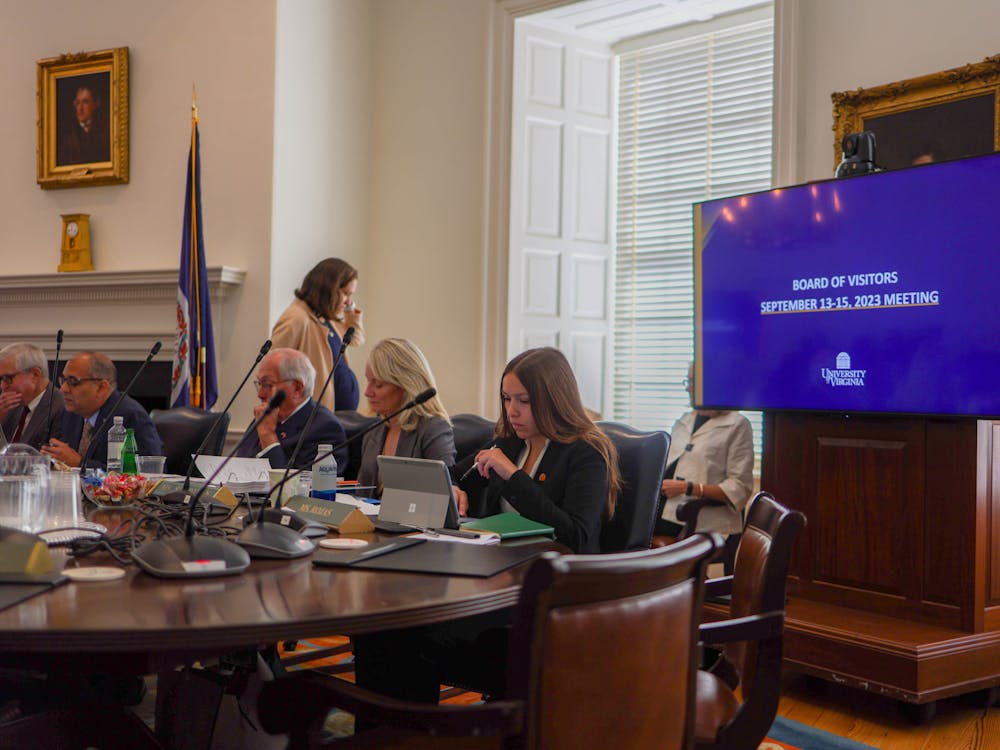Last week the University of Michigan de-recog nized the Asian chapter of InterVarsity Christian Fellowship because the group’s constitution required leaders to sign a statement of faith, a violation of the university’s non-discrimination policy.
And this is not the first time InterVarsity — a national organization — has faced trouble on college campuses. At Vanderbilt last year, InterVarsity was targeted along with other Christian groups because of faith-based qualifications for leadership. Parading under the banner of inclusivity and non-discrimination, these institutions of higher education have been forcing religious organizations either to compromise their beliefs or leave the university, and in some cases they have even compared faith-based qualifications for leadership to racial discrimination. Though the notable incidents thus far are limited to merely two universities, the trend of harassing religious organizations is national and must stop before more college campuses experience this persecution. The University of Michigan and Vanderbilt need to make an exception to their non-discrimination policy for religious organizations.
To fully understand the issue, it is necessary to examine the purpose of non-discrimination requirements. In the broadest sense, non-discrimination policies are designed to promote a meritocracy by eliminating factors that should not influence a person’s success. They embody what we all believe on a fundamental level: inconsequential attributes outside your control — such as skin color — should not inhibit or advance you, compared to your peers. Your dedication, talents and achievements should be the benchmark of your success. Seen in this light, non-discrimination policies are necessary and welcome in any organization.
But the issue becomes much trickier when religion comes into play. Unlike skin color, nationality or — many would argue — sexual orientation, what you believe is very much a conscious choice. Which God you believe in, or whether you believe in God at all, is more accurately compared to your political beliefs or personal opinions than to your skin color. Therefore, making distinctions between students based on religious belief is inherently different from differentiating based on race or orientation. One is reasonable and indeed necessary for any selective organization; the other is unconstitutionally prejudicial.
Even more important is the historically significant role religious organizations have had in the United States. Unlike secular businesses or civic institutions, religious groups have always been given significant constitutional leeway in how they operate. The Founders recognized that faith was a fundamental part of a person’s life, a delicate and intensely personal undertaking that in many ways defines what it means to be a human. Religious organizations are tasked with no less than the care of their followers’ souls — a far higher calling than the ephemeral laws and bureaucracies that govern our country. To many, ultimate authority lies not in secular law but in sacred text, and governmental intrusions on their right to practice religion freely are affronts to their core beliefs. The recent concession by the Obama administration to exempt religious institutions from the mandate to pay for employees’ birth control is an example of how lightly the government must tread when it comes to the beliefs of its citizens.
In this light, the non-discrimination policies of these universities have been grossly misapplied. Religious organizations must have the right to require potential leaders to actually share their faith. It strains reason to hold that refusing a Muslim or atheist a leadership position on InterVarsity Christian Fellowship is discriminatory in the least. Should the teacher’s union accept a stockbroker? Should the American Academy of Pediatrics be forced to accept engineers? It is in fact far more reasonable to hold that the only qualification necessary for leadership in a religious organization is to actually believe in what the organization stands for.
By undertaking the falsely ennobling mission of applying non-discrimination policies into any arena that requires making distinctions between students based on what they believe, Vanderbilt and the University of Michigan are creating environments hostile to religious expression and counter to the nation’s ideals. The ability to regulate and select its leadership is a vital function of any organization, but especially religious ones. Hamstringing religious groups in their efforts to choose genuinely faithful leaders is simply one step too far.
Such policies are doomed to failure. Time and again, religion has survived secular attempts to influence its practice or limit its policies. Secular administrations come and go, nations flourish and collapse, but the human qualities of faith and belief have and will survive all attempts at outside influence. In practice, so-called non-discrimination policies have little effect when applied to religious organizations, as non-Christians aren’t exactly clamoring to lead Christian fellowship groups. In principle, however, these policies represent insensitivity to religious belief and an insult to the freedom of association. By shutting Christian groups off campus, these universities are in fact tarnishing the very ideal of diversity they seek to uphold.
Vanderbilt, University of Michigan — you are helping no one. It’s time to give up on idolizing bland, unqualified “acceptance” and instead recognize the right of faith-based groups to require actual faith from their leaders. You’re fighting a losing battle.
Russell Bogue’s column appears Thursdays in The Cavalier Daily. He can be reached at r.bogue@cavalierdaily.com.






